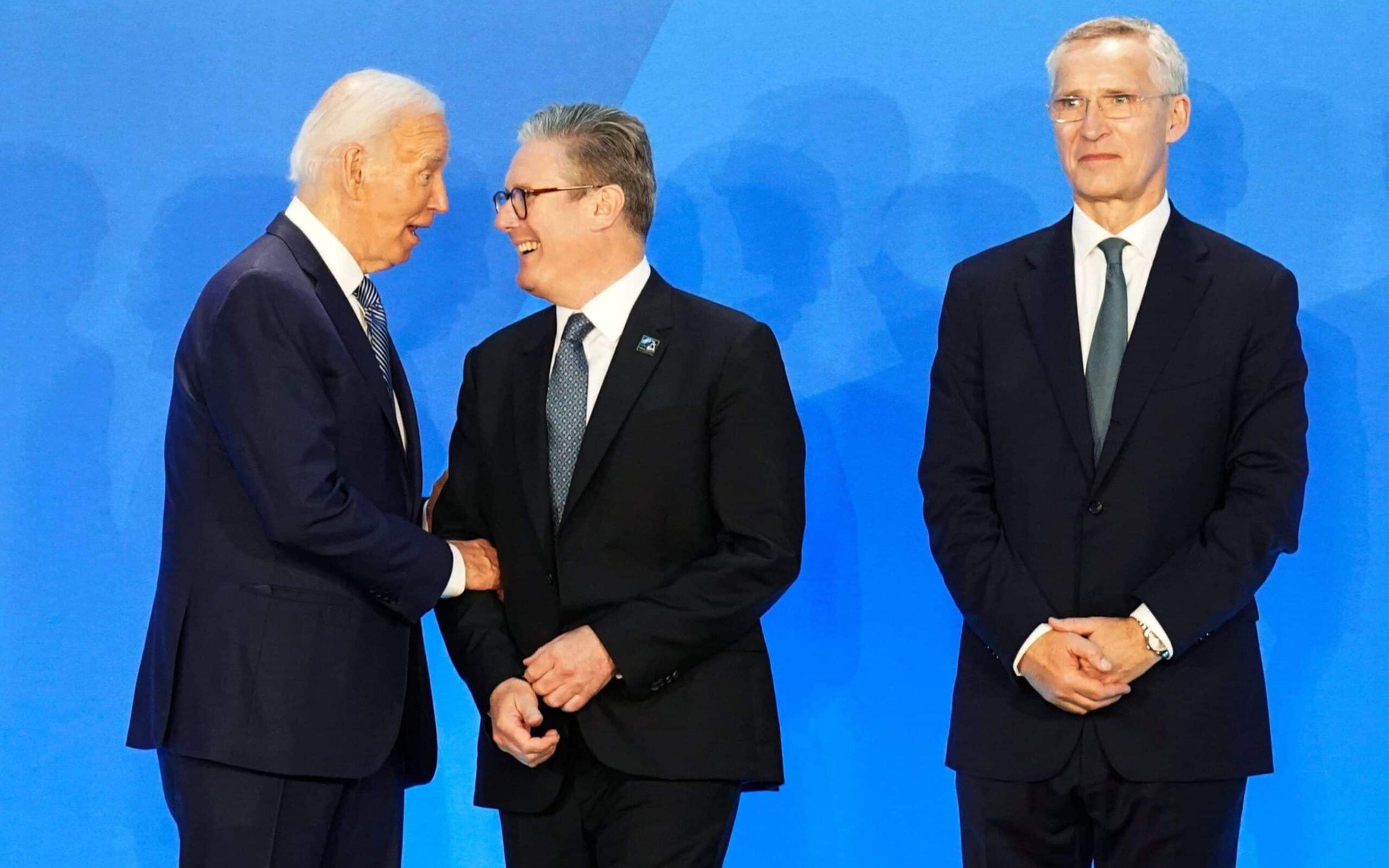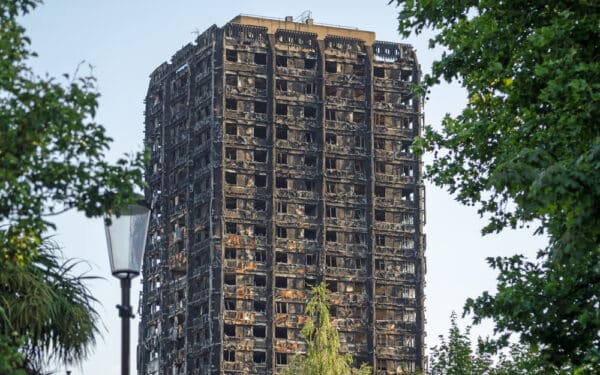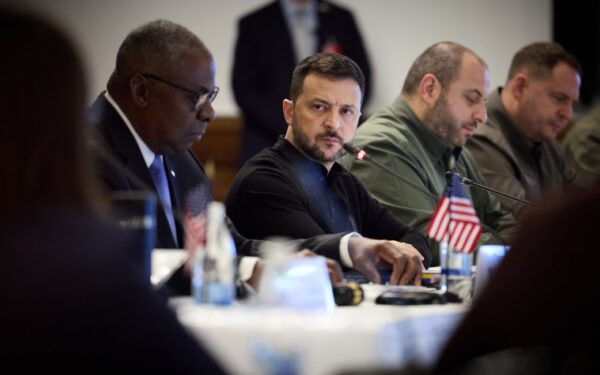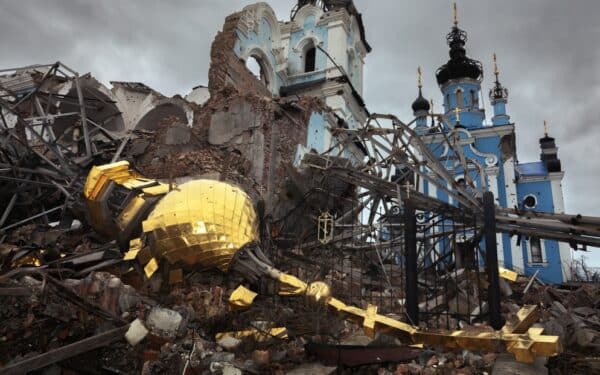Less than a week after winning his landslide victory, Sir Keir Starmer has landed in Washington to attend NATO 75th anniversary summit and hobnob with world leaders for the first time since becoming Britain’s 58th prime minister.
Whitehall mandarins had expected Starmer to use this opportunity to outline his plans for increasing defence spending to 2.5% of GDP. But while he reiterated Labour’s “cast-iron” manifesto commitment to do so, he refused to give a timeline, delaying the decision until after a major strategic defence review of the UK’s armed forces, which is due to be launched by John Healey, the new defence secretary, next week. Detailed preparatory work has already begun on the review, but it will still take a few months at the very least to be completed.
Luke Pollard, the armed forces minister, defended Labour’s position, arguing that there would be no money for any spending without economic growth. However, a succession of politicians and former military chiefs have warned that louring international storm clouds render any delays highly imprudent.
Philip Ingram, a former colonel in British military intelligence, accused the government of “playing with fire”, stressing that the “threat is now and it will take years to fix the army, our ammunition stocks, get the RAF and navy ready”. In addition, James Cartlidge, the shadow defence secretary, pointed out that the military requires certainty and clarity on its funding in order to “plan and prepare for the future”.
Meanwhile, Admiral Lord West, a former head of the navy who was a security minister in Gordon Brown’s premiership, urged Labour to indicate a timeline during the summit to “set an example to all European countries”.
Despite his reticence on the exact timing, Starmer is to call on allies to increase their defence spending, even as a record 23 NATO countries are likely to hit the 2% target this year, up from 11 in 2023.
The possible spectre of Trump’s return to the White House has undoubtedly cast a pall on what should be a celebratory and momentous event for the defence alliance. But in a briefing with journalists, Healey explained that, regardless of the outcome in November 2024, US priorities were likely to shift to the Indo-Pacific, making it imperative for European nations to “do more of the heavy lifting and some of the leadership” when it comes to Ukraine.
Mindful of the ever-erratic geopolitical gales, Starmer will – flanked by Nick Thomas-Symonds, the minister for European relations – use the summit to build relationships with European leaders in an attempt to seal an EU-UK security pact. At the same time, he took pains to emphasise the importance of transatlantic ties and the “very special relationship” between the two countries, pointedly dismissing the suggestion that Biden’s age might be an issue at the forthcoming presidential election.
Focusing on the present, Starmer was notably explicit in his support for Ukraine, highlighting the UK’s “unshakeable” commitment and urging NATO to “Trump-proof Ukraine aid”, in order to “send[] a strong signal to Putin that we will do whatever it takes”.
Yet such ardent words will provide cold comfort to Ukrainians without a corresponding increase in military assistance. Biden kickstarted the summit by announcing a “historic donation’ of NATO air defence systems and NATO is poised to unveil new aid for the war-ravaged country.
While Ukrainian media are eagerly reporting on these tantalising promises, however, few expect a breakthrough that would enable them to end Moscow’s lethal missile attacks. In any case, disappointment is rife that – for all the hifalutin talk about the West’s intertwined security interests – Ukraine is being offered nothing more than a mere “bridge” towards NATO membership.
As one Ukrainian newspaper, Ukrayina Moloda, put it: “The titans have gone blind. We need victory – but does the West?”




